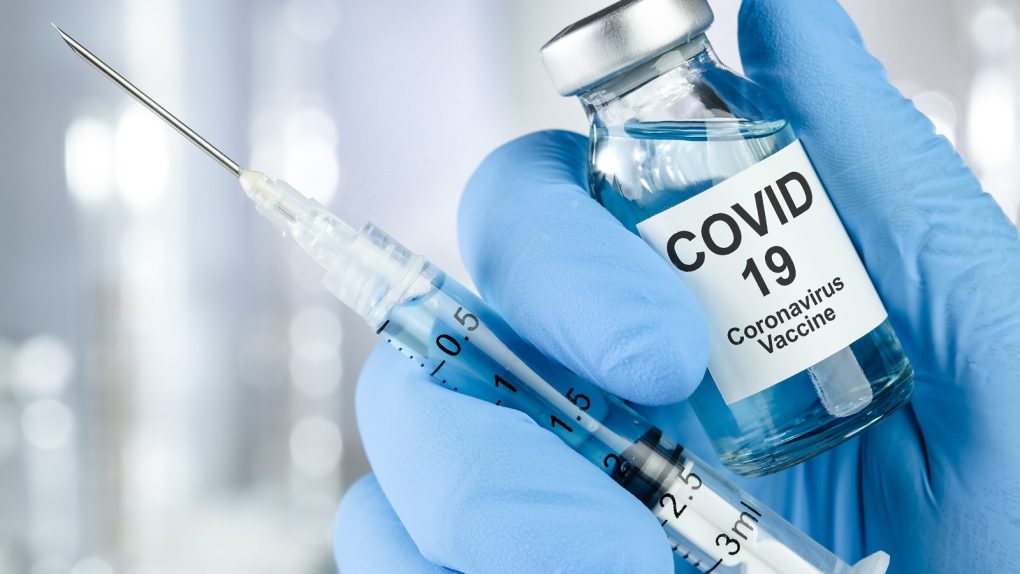- The first coronavirus vaccine results might be ready in the coming weeks, but there’s no guarantee that immunization campaigns can start by Christmas.
- Oxford professor Andrew Pollard, a leading researcher on the promising COVID-19 vaccine developed with AstraZeneca, told UK Parliament that there’s only a “small chance” the drug is ready by Christmas.
- The UK is already conducting rolling reviews of coronavirus vaccine frontrunners, as is the European Union. But there’s no way to tell when and if any of the advanced drugs will receive approvals for emergency use.
Several vaccine frontrunners are close to the end of Phase 3 trials, at which point the drugmakers will know whether their experimental medications are effective and safe against the novel coronavirus. According to estimates, the final clinical trial results for at least three vaccine candidates will start coming in this month, with AstraZeneca/Oxford, Moderna, and Pfizer/BioNTech all expected to share news soon. The drugs that clear the efficacy and safety requirements will move forward to emergency use authorization processes and the first COVID-19 vaccinations might start before the end of 2020.
Considering the recent developments in the US and Europe, Pfizer looks like the most likely company to file for emergency use. Things are different in Europe, where both the UK and the EU are fast-tracking coronavirus vaccine research efforts. AstraZeneca had its Phase 3 study halted in the US for several weeks longer than in Europe after a safety incident in early September. That’s why the drug might be approved earlier in Europe than in the US. But an Oxford scientist thinks there’s only a “small chance” that immunizations campaigns can start before Christmas in Great Britain.
“I think there is a small chance of that being possible, but I just don’t know,” Oxford professor Andrew Pollard told members of parliament during a joint hearing of the House of Commons’ science and health committees. Pollard is the lead scientist on the Oxford trial, which means he’s also blinded to the study’s progress. The companies involved in Phase 3 trials do not have access to the data, with independent committees evaluating the progress.
“I’m optimistic that we could reach that point before the end of this year to do an analysis,” the professor said, per The Guardian. “We absolutely need that to happen, so there’s very careful scrutiny of everything that’s been done in the clinical trials, to look at their integrity and the quality of the data, and to verify that the results are correct.”
Pollard also noted that questions would arise once the results are known. He said that a good result would be having vaccines with significant efficacy. “Whether that’s 50, 60, 70, 80, or whatever the figure is, that is an enormous achievement, it means that there are, from a health system point of view, fewer people with Covid going into hospital,” he said. “People who develop cancer can have their operations and all their chemotherapy.”
The US FDA has a minimum threshold of 50% efficacy for coronavirus vaccines, but Europe will not set a minimum efficacy level. A 50% efficacy would mean that the number of COVID-19 in the placebo group would be at least double the number of infections in the group that got the actual vaccine. The object of vaccines won’t be to stop the infection but to stop severe illness, Dr. Fauci explained a few days ago.
The Oxford scientist said it’s possible that other vaccines might be approved before the Oxford one and that he hoped there would be lots of successes. Access to multiple vaccines would be needed to meet global demand.
The head of the UK vaccines taskforce, Kate Bingham, told the same committee that “we could be weeks away” from looking at the interim data for two vaccines, including the AstraZeneca and the Pfizer candidates. The UK has inked deals for both drugs, as did the US.
Bingham confirmed that vaccine manufacturing is already underway, and it’s scaling up at an unprecedented speed, “starting with low numbers of doses – by which I do mean millions of doses, but not tens of millions of doses initially – so that we will end up with 100 million doses that we’ve secured from AZ in the first half of next year.” The drugs will only be used if the vaccines are safe and effective, researchers and company officials explained in the past, saying it’s worth risking early production runs to have some vaccine doses ready if and when regulators approve them.








